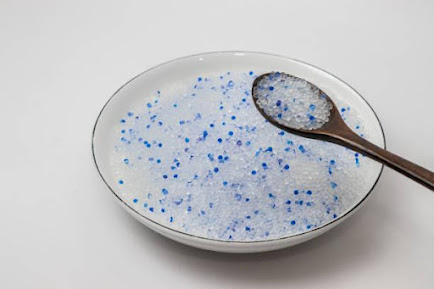Tips for Mildew Removal
Powdery mildew is also known as Mildew. It thrives in areas with high moisture and can grow quickly. It can grow on any surface. The enzyme it secretes decomposes organic material growth and reproduction. It can cause severe damage to clothing, leather, paint, paper and other surfaces, including in households.
Mildew growth is encouraged by warm, humid, and damp environments. Mildew growth can also be caused by poor lighting and insufficient ventilation. Mildew-prone areas include the laundry, basement, crawl spaces, and bathroom.
Mildew can cause discoloration or stains to the affected areas. It should be removed immediately. It can also produce an unpleasant odor. Mildew can cause serious health problems and damage to surfaces. Mildew can worsen asthma and allergy symptoms.
Natural home remedies can be more effective than expensive and cost-effective for mildew removal. It's also safer than some anti-mildew items available in stores.
To prevent mildew from forming, it is important to dry everything and get rid of any excess moisture. Make sure your items are dry and clean. Keep your home well ventilated. An air conditioner can be used to remove or prevent moisture from entering your home.
Tea tree essential oil is effective in removing mildew and preventing it from returning. Add 2 tsp tea tree oil to two cups of water and then pour it into a spray bottle. Spray the affected area, but do not clean the surface.
Mildew can be removed by using a mixture of 1/2 cup natural vinegar and 2 cups water. Spray the mixture generously on the mildewed area, such as on a wall or floor. To get rid of the vinegar smell, scrub and wash it well.
You can rub the lemon juice (1/4 cup), salt (1/4 Cup) and a pint water into textiles. Allow to dry for approximately half an hour. Next, wash the fabric with a detergent as usual and rinse well.
If natural home remedies don't work, you can use moisture-absorbing chemicals like silica gel Manufacturers Desiccant Silica Gel, activated alumina and anhydrous calcium sulfurate.




Comments
Post a Comment